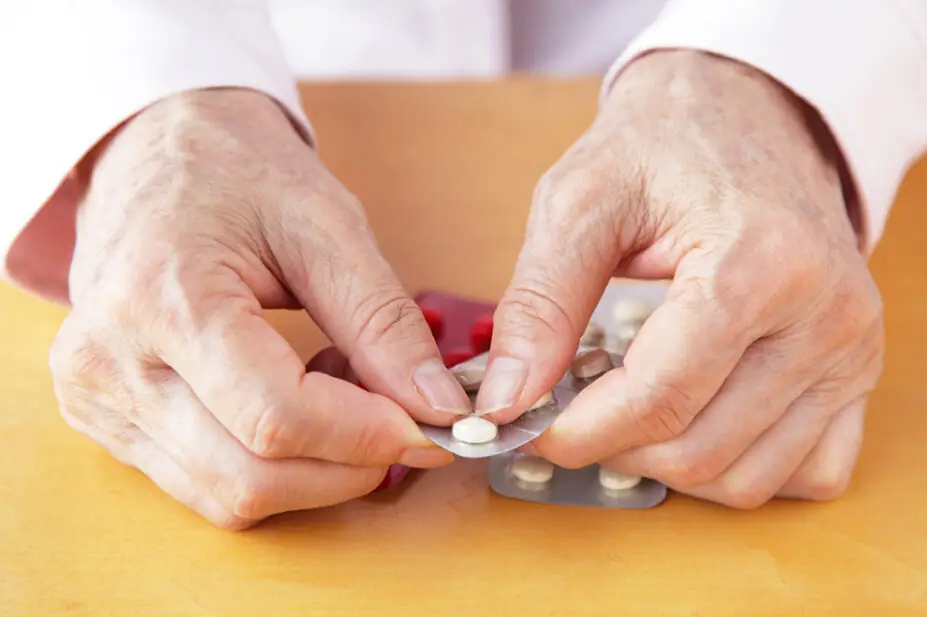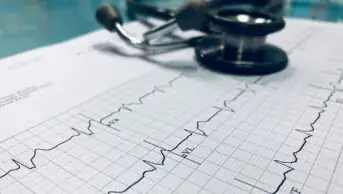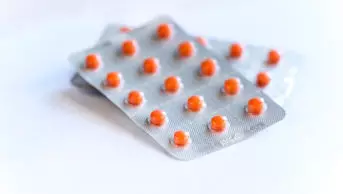
Shutterstock.com
Generic apixaban has been recommended by NHS England over the previous first choice, edoxaban (Lixiana; Daiichi Sankyo), as a preferred direct-acting oral anticoagulant (DOAC) for the treatment of atrial fibrillation (AF) in new patients.
On 16 January 2024, NHS England announced the new commissioning recommendation following apixaban’s loss of exclusivity, enabling sufficient stock of generic products to be available to the NHS.
The operational note said: “For patients commencing treatment for AF … clinicians should use the best value DOAC that is clinically appropriate for the patient.”
It also included a table that lists generic apixaban as the best value overall and best-value twice-per-day treatment. Edoxaban was ranked second overall, but best-value once-per-day treatment.
Dabigatran (Pradaxa; Boehringer Ingelheim) and Eliquis (apixaban; Bristol-Myers Squibb-Pfizer) were ranked third and fourth, respectively.
“If the highest ranked best-value DOAC (generic apixaban) is contraindicated or not clinically appropriate for the specific patient then, subject to the criteria specified in the relevant NICE [National Institute for Health and Care Excellence] technology appraisal guidance, clinicians should then consider the next highest ranked DOAC (edoxaban) and so on until an appropriate treatment is identified,” the notice said.
For patients already taking a DOAC for the treatment of AF, NHS England advised commissioners to “consider developing local policy to review patients’ current treatment”.
A previous version of the recommendations, published in January 2022, said “clinicians should use edoxaban where this is clinically appropriate” for new patients.
In March 2022, NHS England announced three new incentives under the investment and impact fund (IIF) — which is used to support primary care networks (PCNs) in delivering high-quality care to their patients — for 2022/2023, including one that would reward GP practices with up to £14.8m for prescribing edoxaban to more patients.
The incentive followed a deal struck between NHS England and edoxaban’s manufacturer, Daiichi Sankyo, which meant that it had the lowest net acquisition cost by a significant margin, compared to other DOACs.
In July 2022, the Primary Care Cardiovascular Society, Primary Care Pharmacy Association and UK Clinical Pharmacy Association published guidance on implementing NHS England’s DOAC commissioning recommendations, including first-line use of edoxaban, warfarin-to-DOAC switching and DOAC-to-edoxaban switching.
However, primary care pharmacists warned The Pharmaceutical Journal in August 2022 that the guidance was not always being followed and that prescribers were switching patients to edoxaban without properly informing them.
One pharmacist working in a London PCN said that one of their patients was taking two anticoagulants at once because they thought that edoxaban was a new addition to their prescription, instead of a replacement.
Commenting on the new NHS England recommendation, Paul Wright, lead cardiac pharmacist at Barts Health NHS Trust, said: “For new patients, the initiation of apixaban will be relatively easy to implement with updated formulary positions and choices, [but] as we have seen previously the switching of those on established therapy differed considerably, with some areas encouraging a switch and others not.
“Where we decide to actively switch, lessons from previous [experience] should be taken into consideration as there have been reports of patients not being fully informed and clearly the once versus twice daily regime are significantly different.
“[We] need to bear in mind how patients are going to feel as well if they were on branded apixaban, swapped to edoxaban, then switched back to a generic apixaban.
“Locally, we have focused on new initiation and where patients have been initiated on therapy, leaving them on the agent they are familiar with,” he added.
You may also be interested in

New class of anticoagulant found to ‘overwhelmingly’ reduce bleeding events in patients with atrial fibrillation

Nearly 92% of atrial fibrillation patients in England anticoagulated, says NHS adviser
